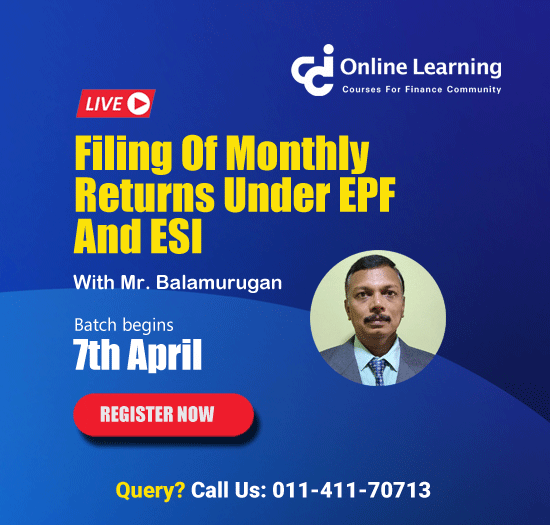In order to incentivize the equity markets Government has given various sops to this sector. Under Section 10(38) of Income Tax Act, exemption to long term capital gains arising from sale of equity shares in a company or unit of an equity oriented fund has been provided.
Equity oriented fund is the one where the investible funds are invested by way of equity shares in domestic companies to the extent of more than 65% of the total proceeds of such fund and has been set up under a scheme of a Mutual Fund specified under clause(23D). However with effect from AY (2019-20) capital gains arising from long term capital asset on transfer of listed securities shall be chargeable to tax@10% exceeding Rs 100000/- but on satisfaction of following conditions:-
1. In case of equity share, securities transactions tax has been paid on both acquisition and transfer and
2.In a case where long term capital asset is in the nature of a unit of an equity oriented fund, securities transaction tax has been paid on transfer.
However long term capital gains will be computed without giving effect to the inflation indexation in respect of cost of acquisitions and cost of improvement, if any and also the benefit of computation of capital gains in foreign currency in case of non-resident will not be allowed.

BENEFIT OF GRAND FATHERING
Investments made on or before 31st January ,2018 have been grand fathered, cost of acquisition in respect of such investments made upto 31st January, 2018 shall be deemed to be higher of:-
- Actual cost of acquisition of such investments and
- The lower of
(i) FMV of such asset
(ii) FVC received or accruing due to transfer FMV would be highest price quoted on recognized stock exchange on 31st January,2018.
Conclusion:
Now as the time for filing of tax returns is approaching, it would be imperative that the calculations are done as per the latest rules put forth by the Government according to which equity shares and equity oriented funds have become taxable above the threshold. Are you calculating capital gains arising out of equities correctly?
The author is a practicing Chartered Accountant and can also be reached at sandeep@kcccas.com.
DISCLAIMER:
The information provided in this article is for general informational purposes only. All efforts have been made to provide accurate information in this document, however it should not be perceived as a professional or legal advice. Reader should consult a professional before making any decision based upon this document. Under no circumstance author or the publisher shall have any liability to you for any loss or damage of any kind incurred as a result of the use of this information.






 CAclubindia
CAclubindia

